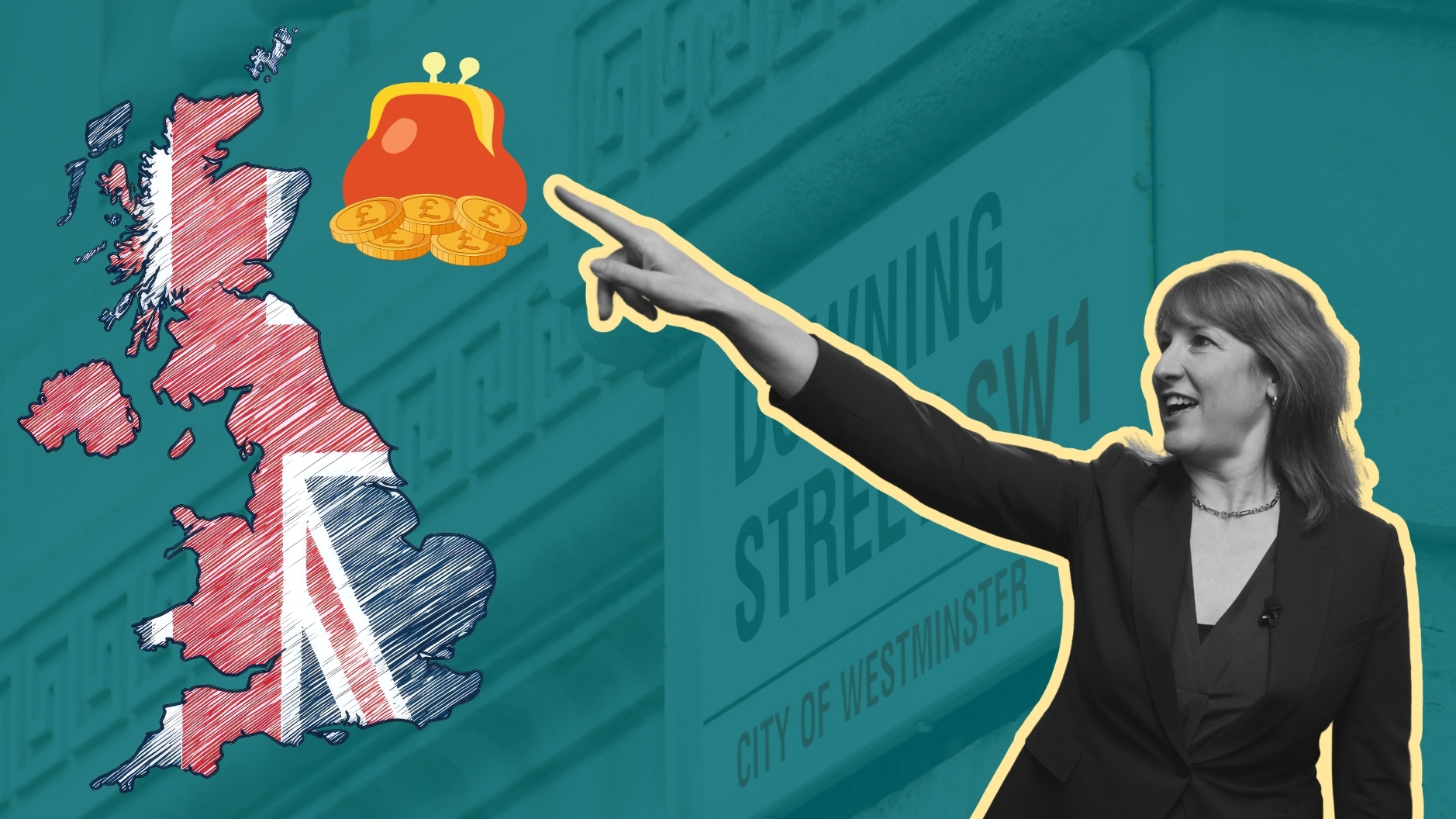Get the latest financial news, insights and expert analysis from our award-winning MoneyWeek team, to help you understand what really matters when it comes to your finances.
You are now subscribed
Your newsletter sign-up was successful
Want to add more newsletters?
When this guy speaks, economists, investors, and the financial media across the globe sit up and take notice. He's one of the most well-known, successful, and respected investors in the world - and with a personal fortune of $44 billion, one of the wealthiest.
So it's not surprising that his investment decisions almost always make news. Most of them simply notch up more wealth for him, his shareholders, and the folks who take heed of him.
I'm talking about Warren Buffett, the 76-year old brains behind Berkshire Hathaway. But some people are questioning the merit of one of his recent decisions. Are they right, or will Buffett again prevail? Let's take a look...
Try 6 free issues of MoneyWeek today
Get unparalleled financial insight, analysis and expert opinion you can profit from.

Sign up to Money Morning
Don't miss the latest investment and personal finances news, market analysis, plus money-saving tips with our free twice-daily newsletter
Don't miss the latest investment and personal finances news, market analysis, plus money-saving tips with our free twice-daily newsletter
'You're hired': Buffett's $5bn investment contest
What would you do with $5 billion in two years?
At the annual Berkshire Hathaway shareholder meeting earlier this month, Buffett surprised attendees by announcing that he will search for his successor by jumping on the reality show bandwagon.
Buffett will select three or four top candidates for the position and give them $5 billion to manage for two years. The winner of the $5 billion challenge will get the nod to run Berkshire Hathaway.
On the surface, it sounds like a nifty idea. And while it won't be on TV (at least not yet), Buffett's 'reality show' has the makings of great drama. But if you look a bit deeper, this type of selection strategy has some serious flaws, because of the mistakes and rash decisions that such 'competition-style' investing can trigger. And it's got some important lessons for us, too...
Competition-style investment: the drawbacks
Buffett's selection process has obviously caught the eye of the media, most notably in Austan Goolsbee's New York Times article, where he likens Buffett's tactics to Donald Trump's reality show, 'The Apprentice.'
There's certainly one aspect of this that is a big concern: Is a 'win at all costs' reality show strategy the appropriate way to invest or choose an investment manager - especially one running the massive Berkshire Hathaway operation?
After all, if one of the contestants makes $3 more (on a $5 billion investment portfolio) over the course of the two years, is that significant? But the key issue here is that this type of competition easily encourages participants to take undue risks in order to be first past the post.
Competition-style investing: traps to avoid
For the record, I'm sure Mr. Buffett and his staff has taken these issues (and plenty more) into consideration. But investors would do well to avoid the pitfalls inherent with competition-style investing. Here are some things to watch out to make sure you don't fall into one of these traps.
Monitor Your Risk When Seeking Higher Returns: If you want higher returns, you usually have to take on a little more risk to get them. But one of the most prevalent investing concerns is that investors don't fully understand these risks often dazzled by the potential upside and ignoring the downside when evaluating opportunities. Stay disciplined.
Don't Increase Your Risk Just To Make Pre-Determined Performance Goals: It's one of the classic mutual fund manager mistakes. They're notorious for taking inordinate risks to attract new clients or make a certain amount of money. If a fund has a chance to make a top 10 list at the end of the year, they know that such acclaim and publicity will lead to much greater capital inflows - with higher fees and bonuses to follow. That means managers can be tempted to take bigger risks with existing investors' money. If the risk works out, they reap some fat rewards. But if the wheels fall off, the fund will lose capital and credibility.
If you find your investment returns lagging your goal for any given month, quarter, or year, don't fall into the trap of hiking up your risk to make up the shortfall. Doing so, just to get to an arbitrary performance mark, will more than likely put you on the fast-track to lose money, not make it.
By D.R. Barton, Quantitative Analyst, Mt.Vernon Research for The Smart Options Report
Get the latest financial news, insights and expert analysis from our award-winning MoneyWeek team, to help you understand what really matters when it comes to your finances.
MoneyWeek is written by a team of experienced and award-winning journalists, plus expert columnists. As well as daily digital news and features, MoneyWeek also publishes a weekly magazine, covering investing and personal finance. From share tips, pensions, gold to practical investment tips - we provide a round-up to help you make money and keep it.
-
 What do rising oil prices mean for you?
What do rising oil prices mean for you?As conflict in the Middle East sparks an increase in the price of oil, will you see petrol and energy bills go up?
-
 Rachel Reeves's Spring Statement – live analysis and commentary
Rachel Reeves's Spring Statement – live analysis and commentaryChancellor Rachel Reeves will deliver her Spring Statement today (3 March). What can we expect in the speech?

